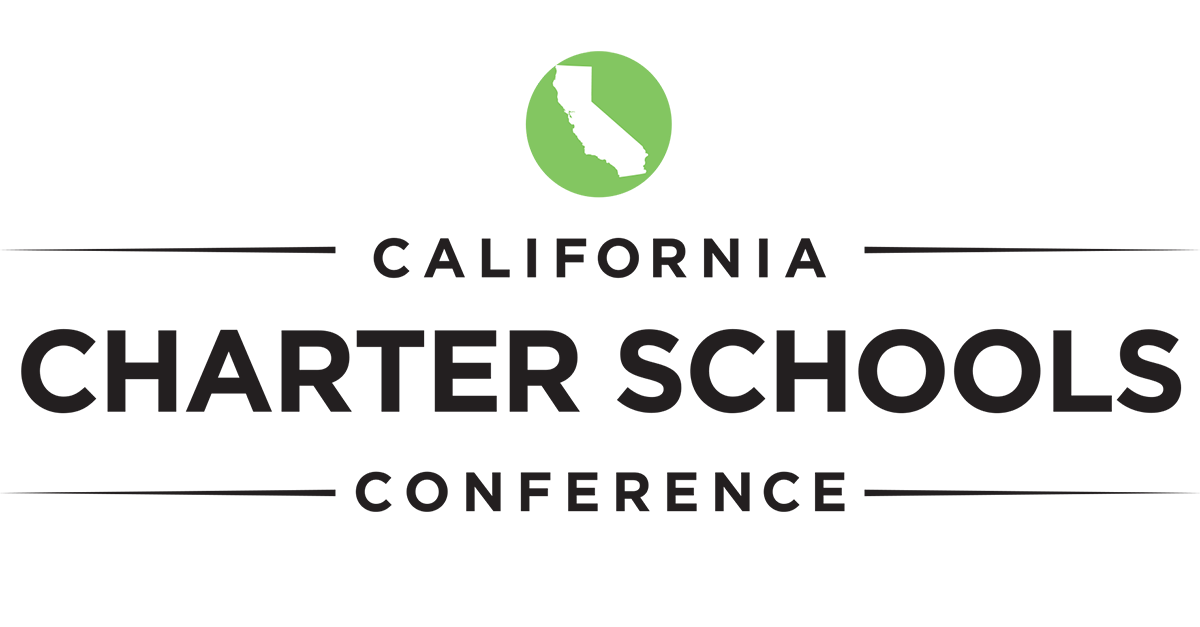
March 14-17, 2022 • Long Beach Convention Center • Long Beach, CA



Breakout sessions provide an opportunity for a small group of attendees to learn about and discuss a specific topic presented by a subject matter expert. Breakout sessions are organized around broad programming and more specific topics and are developed for a particular audience based on their role and their level of expertise.
The breakout session program is organized by topics. Our presenters chose one of these topics when applying to present at the conference.
To strengthen community members’ ability to advocate for policies that support charter school success—with authorizers and at the capitol.
| Authorization | Includes sessions on authorizer relations, accountability and overreach, authorization process, authorizing structures and policies, and appeals. |
| Policy and Advocacy | Includes sessions on proposed and newly implemented policies affecting charter schools and advocacy strategies to fight for charter autonomy, flexibility, and equity. |
To provide teachers and instructional leaders with strategies, knowledge, and best practices that result in joyful schools of academic excellence.
| Learning models | Includes sessions on various learning methods and programs such as: dual language, STEAM, project based learning, personalized learning, multi-tiered systems support, and Montessori. (Please note that Social Emotional Learning and Restorative Justice sessions should be submitted under "Equitable student culture".) |
| Teaching practices | Includes sessions on instructional best practices. For example: teaching close reading in alignment with Common Core rigor, backwards mapping from standards and assessments, differentiation and intervention strategies, supporting historically underserved student groups including English Learners and African American students, checking for understanding, and best practices for instructing virtually. |
| Special Education | Includes sessions on Special Education legal, instructional, and budget issues. For example, innovative service delivery methods, distance learning for students with disabilities, Universal Design, using data to inform instruction, improving access for students with disabilities, legal updates and nuance, innovative funding arrangements. |
| Equitable student culture | Includes sessions on how schools can develop a positive and inclusive school culture for students. Includes setting and living out school-wide values and expectations, creating a culture of high expectations without being authoritarian, school-wide Social Emotional Learning, relationship building, equitable discpline practices, and programming for marginalized student groups. (Please note that sessions related to creating positive school culture for adults should be submitted under "Strategic Leadership: Staff Culture") |
To support educators in running safe schools of operational integrity.
| Communications & Marketing | Includes sessions on effective communications with a variety of stakeholders for the purposes of family and community enrollment, engagement, retention. For example, telling your school's story to the public, online presence, and effective communication with families. |
| Facilities | Includes sessions related to acquiring facilities, zoning and permitting processes, Prop 39 and colocation, SB 740, working with real estate professionals, charters and school districts working together on bond issues. |
| Funding | Includes sessions on budgeting, monitoring financial statements, cost saving strategies, using categorical programs and grants, Local Control Funding Formula, audits, fundraising strategies and building relationships with funders, grant writing, new school start up capital. |
| School governance | Includes sessions related to effective school boards. For example: financial management for board members, transparent decision making, orienting and retaining effective board members, managing board transition, board best practices, effective principal-board relationships. |
| Human Resources | Includes sessions on recruiting, hiring, firing, evaluations, and wage and hour issue. Also: increasing diversity in the work place, personnel responsibility particular to educators (FERPA, mandated reporters, student rights, etc), and handling staff misconduct or allegations. |
| Legal | Includes sessions on laws affecting charter schools, especially new or changed laws and difficult to implement laws. For example: best practices for open meetings, avoiding conflict of interest, laws affecting governance and transparency, major student discipline issues (expulsions), admissions practices and lottery preferences, and renewal law. |
| Physical and Online Safety | Includes sessions related to school safety including disaster planning, risk management, student playtime safety, building codes, traffic management. |
To provide strategies and offer reflection opportunities for charter school leaders in their efforts to cultivate effective, collaborative, and purpose-driven teams.
| Strategic planning | Includes sessions on setting vision and buidling strategic plans. For example: change management planning, yearly action plans, and LCAP. |
| Staff development | Includes sessions on how school leaders build staff capacity. For example: coaching best practices, effective professional development plans, career conversations, goal setting. |
| Staff culture | Includes sessions on staff wellness, buy in, and avoiding burn out. For example: building relationships amongst staff, effective cycles of coaching and feedback, staff mindfulness and self-care. |
| Measuring student success | Includes sessions on school-wide data use to track progress toward ambitious goals and creating cycles of continuous improvement. For example: setting school priorities to be tracked with data, using assessment to set rigorous academic expectations, using multiple measures to track progress in multiple areas of learning or of your school, using verified data under AB1505, understanding norm-referenced assessments, and collecting internal data to track progress on CCI and college persistence. |